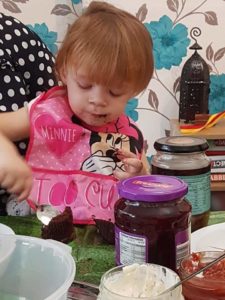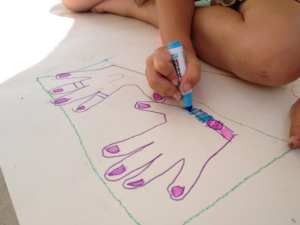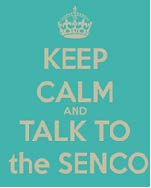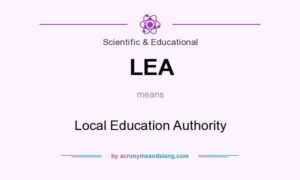New child minders and other early years practitioners are sometimes confused by early years jargon; hopefully this will explain:-
OPEN ENDED QUESTIONS:
These are questions that make children think about their answers, for example; when playing with children instead of asking questions that can be answered with a simple “yes” or “no” ask a question that makes them think about their answer, if they are playing with a tea set instead of asking ” Can you make me a cup of tea please?” ask “What drinks do you have?”

CHILD LED PLAY:
This is what it ‘says on the tin’ the child instigates how they are going to play rather than being instructed by an adult- provide a variety of dressing up clothes including old handbags; sit back and watch them use their imagination. I have written in more detail on child led play here
MARK MAKING:
This is another way of describing scribbles and any other attempt made of writing or drawing by children.

It is how they learn to master the art of using tools such as pens, pencils,paint brushes and crayons to begin writing.
E.Y.F.S.
Stands for early years foundation stage.
I was recently in a shopping centre where I saw a poster saying eyes at first I thought it was a spelling mistake and should have said E.Y.F.S. ( I was forced to give up child minding due to ill health 12 years ago and still instantly thought of E.Y.F.S. when I saw the poster.
S.P.I.C.E.
This is an acronym for remembering the early learning goals:-

S- social development
P- physical development
I- imaginative development
C-creative development
E- emotional development
SENCO:

This stands for special educational needs co-coordinator you may be working along side a SENCO if you care for a child with special or additional needs
L,E.A:

Stands for local education authority ( which is the education authority in your area).
L.A.C.
Stands for looked after child, which may be relevant if you child mind for social services to provide respite as I often did.
S.A.L.T:
S peach and language therapy.
A.D.H.D:
Attention deficient hyperactivity disorder; this seems to be mentioned more and more as we learn more about it.
There are many other early years acronyms and jargon;these are the ones that came into my mind.Please share any more that you can think of .
As always comments and questions are welcome, plus please share this on social media if you think others would benefit from reading this post.
Until next time.
Karen
x
Discover more from The Next Best Thing To Mummy
Subscribe to get the latest posts sent to your email.
Gosh I found this blog to be so interesting , all of them new to me. It’s one of those things that would need time to digest all the different meanings. I really enjoyed reading the subject. Yet another brilliant blog Karen. .
I love observing my grandkids’ intellectual development in so many ways!
Thanks for the translation, I knowew most of these but not SPICE #TwinklyTuesday
Interesting to see the similarities and differences with the US.
It’s easy to forget as teachers that parents don’t always know the jargon and acronyms so this is a great post for parents with little ones starting school! #ALittleBitOfEverything
This is so helpful, thank you. Thanks for joining in with #ThatFridayLinky
Thank you for sharing, really helpful information X #ablogginggoodtime
It is great to watch them develop and have free play, they learn so much through having the freedom to explore and open ended questions work so well. #ABloggingGoodTime
Really helpful, I knew a few but not SPICE. Thanks for linking up #twinklytuesday
So helpful. There is so much jargon used and I don’t always like to ask! #ThatFridayLinky